A senior paralegal has become the first solicitor to qualify through the alternative method of ‘equivalent means’.
Robert Houchill (pictured), who works in the immigration department at London firm Bates Wells Braithwaite, applied to the Solicitors Regulation Authority for qualification and provided the evidence to show he had achieved the same standards as someone qualifying through the traditional training period.
His qualification today comes after four and a half years as a paralegal and he is the first new entrant to the solicitors profession as part of the SRA’s Training for Tomorrow programme.
One of the aims of the scheme, a key element of the education and training reforms brought in last year, is to inject more flexibility into the routes to qualification as a solicitor.
Houchill, 30, said he would still have preferred to qualify through a training contract but that the distinction between the work of solicitors and paralegals was diminishing.
‘I am sympathetic to people who are anxious this is going to undermine the profession or reduce the quality of people being admitted,’ he said.
‘But the SRA has made it a demanding process and you have to provide evidence you’ve done an awful lot to prepare. I’m not falling into the profession, I know it well.’
Equivalent means allows the SRA to recognise experience obtained in the workplace which equates to the requirements of a formal period of recognised training or a training contract.
There is no minimum period individuals must have worked in the legal profession for to qualify this way but they must have achieved the necessary standards as laid down by the academic and vocational stages.
In Houchill’s case, he completed an LPC but did not secure a training contract or period of recognised training. However, the SRA said he showed he obtained the same skills and standards during his employment that he would have done as a trainee.
Around 28 other paralegals have applied for qualification through equivalent means, with several applications awaiting a decision.



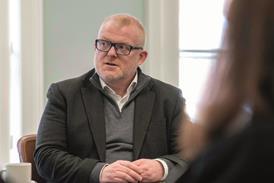



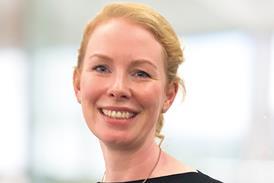
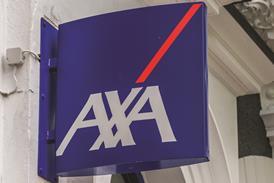









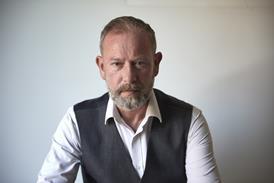
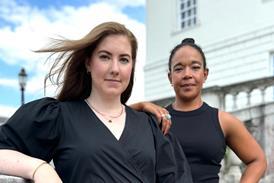







21 Readers' comments